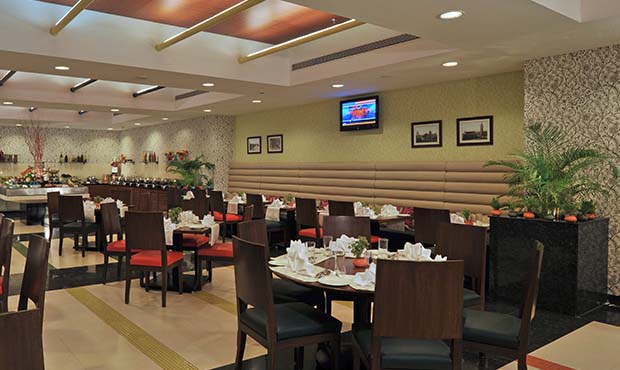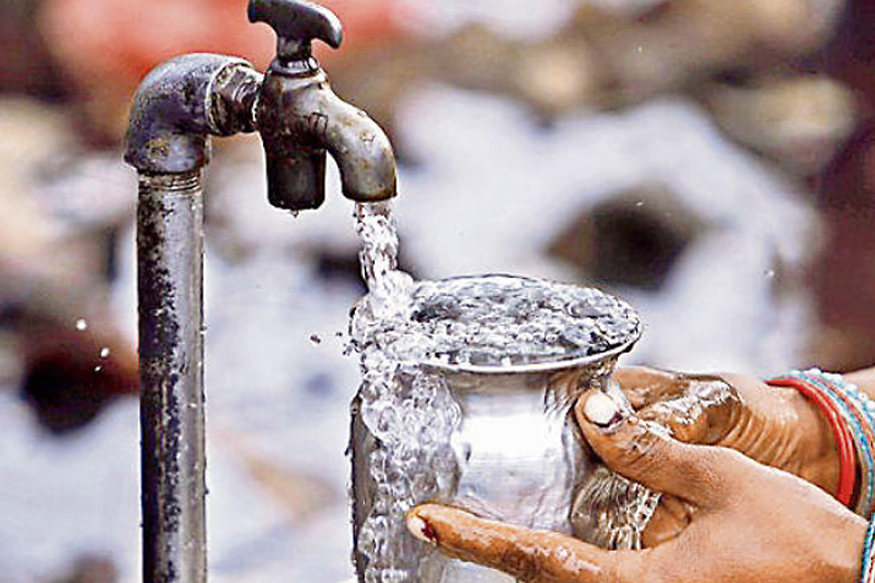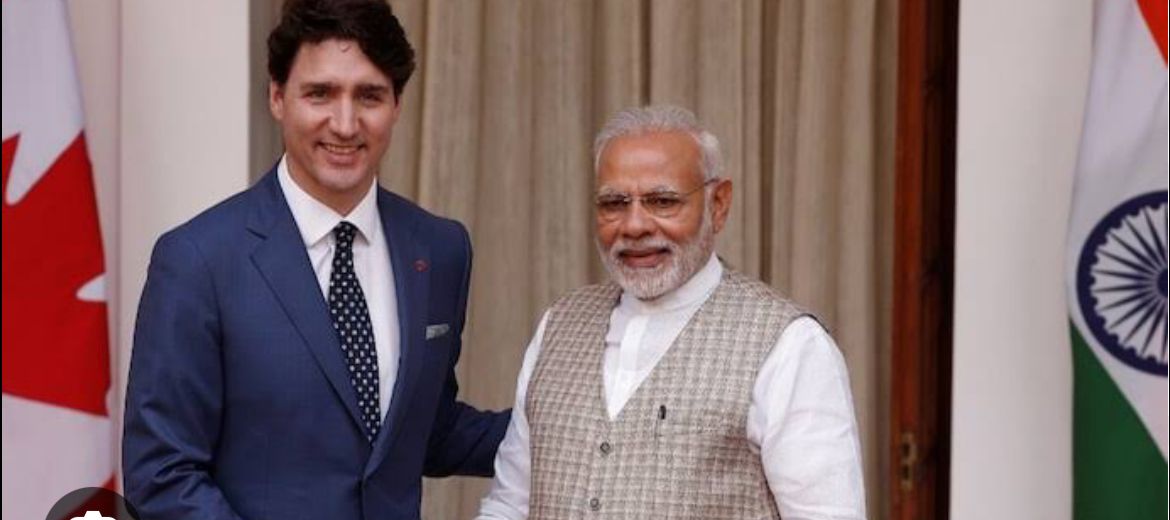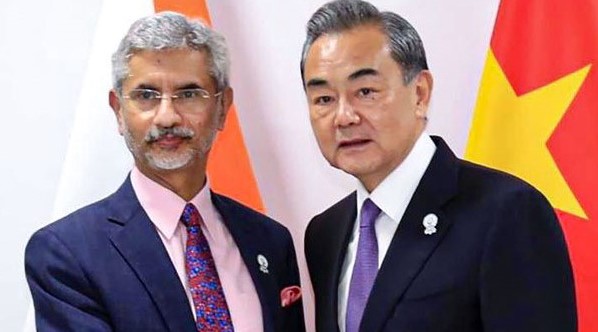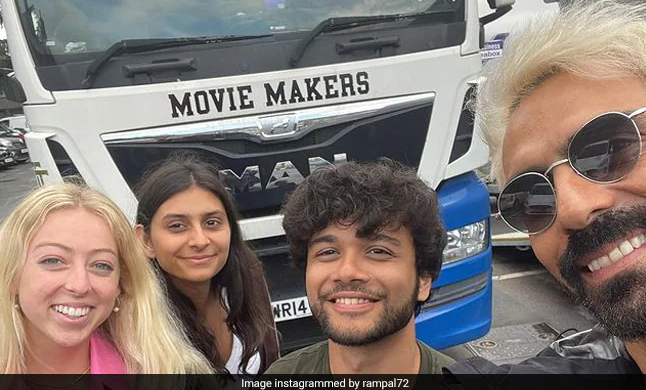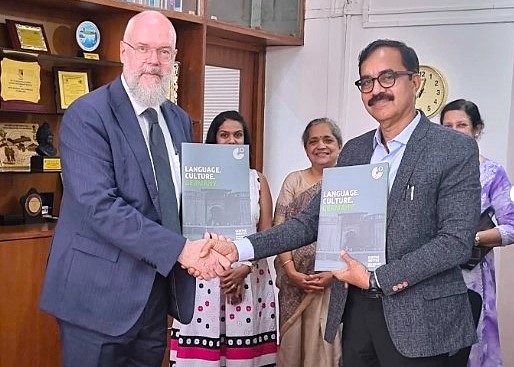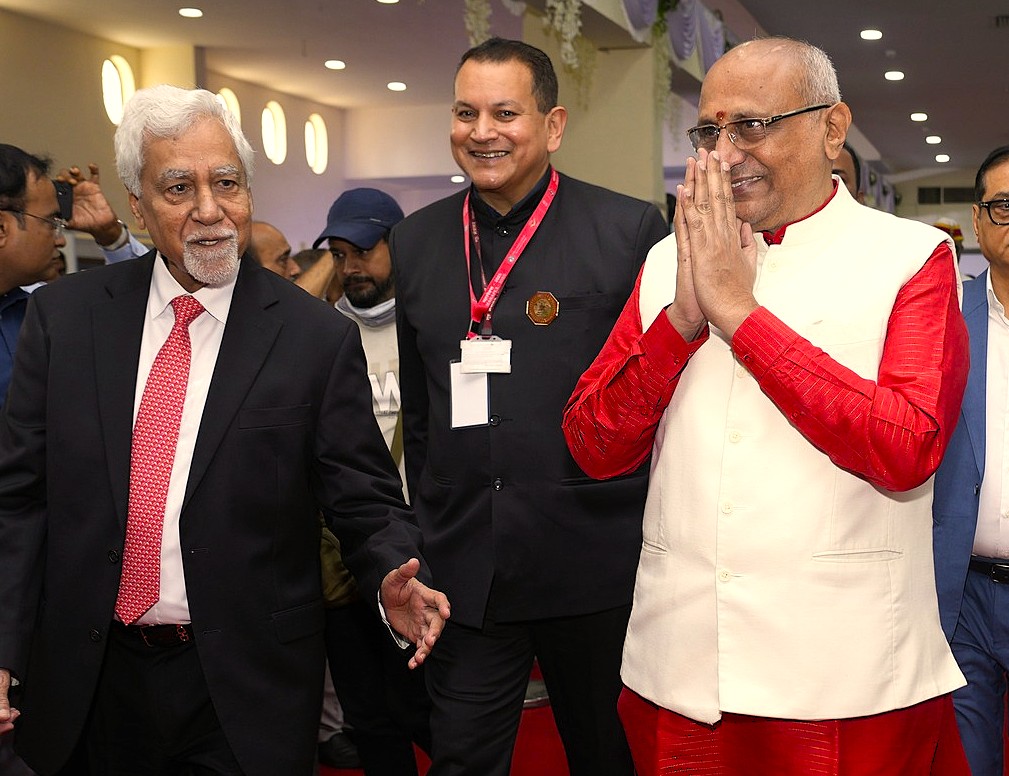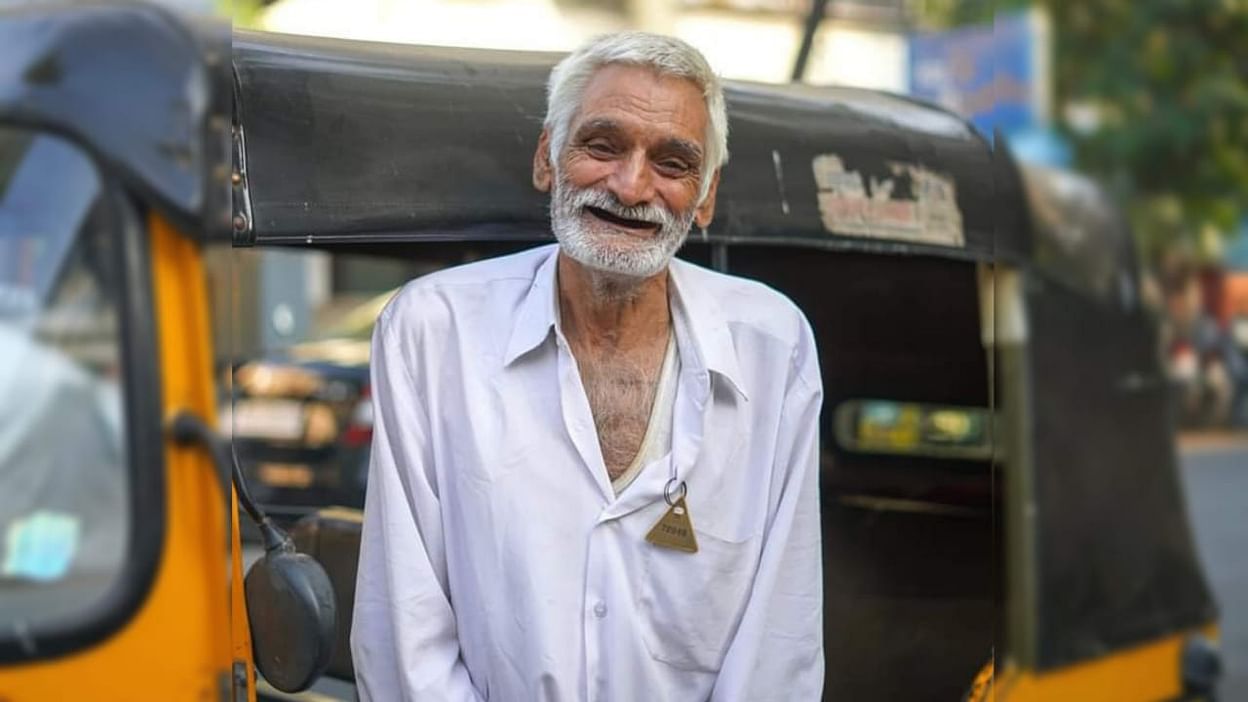By Mewati Sitaram
As India’s two major political blocs, the NDA and INDIA, announce their candidates for the upcoming general elections, all eyes are firmly fixed on the key state of Maharashtra. With 48 Lok Sabha seats up for grabs, Maharashtra ranks among the top five states in terms of parliamentary representation, making it a crucial battleground. In the previous two elections of 2014 and 2019, the BJP-Shiv Sena alliance dominated the state, securing 41 out of the 48 seats. However, the political landscape in Maharashtra has undergone significant transformations since then.
The emergence of the Maha Vikas Aghadi (MVA) government, comprising the Shiv Sena, Indian National Congress, and Nationalist Congress Party (NCP), marked a major shift in alliances. This came after the Shiv Sena’s failed negotiations with the BJP for a rotational chief ministership in 2019. Subsequently, the Shiv Sena experienced an internal division, with a faction led by Eknath Shinde aligning with the BJP in 2022, forming a new government. More recently, another faction led by Ajit Pawar of the NCP joined forces with the MVA, creating a Mahayuti coalition. Both factions have secured official symbols from the Election Commission of India.
The current political realignments remain largely untested, with only two by-polls held in March 2023. While the Congress candidate secured victory in Kasba Peth, breaking the BJP’s three-decade stronghold, the BJP retained Chinchwad. Notably, at the time of these by-polls, Ajit Pawar was still part of the MVA coalition.
Determining the electoral edge in Maharashtra is a complex task, as the number of major parties has increased from four to six, with two of them facing internal splits. Gauging the core strength of each party is a formidable challenge, as both Shinde and Ajit Pawar command support from a significant number of legislators and MPs, but questions remain over their backing from the grassroots cadre and core Shiv Sena-NCP voter base.
According to opinion polls, the dynamics appear to be evenly poised. News18’s Mega Opinion projects the NDA, led by the BJP, to secure 41 out of the 48 Lok Sabha seats in Maharashtra, while the INDIA alliance may clinch seven seats. In contrast, the ABP-CVoter survey suggests the NDA could secure 28 seats, with the INDIA bloc, comprising the Congress and its allies, expected to secure 20 seats.
As the political battleground heats up, the contest in Maharashtra remains wide open, with the outcome likely to have a significant impact on the national political landscape. Voters in the state will play a crucial role in shaping the future of India’s parliamentary politics.
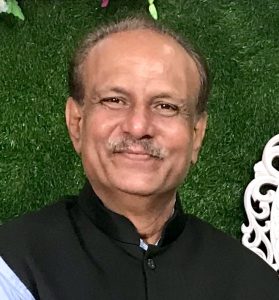
Editor in Chief : Mewati SItaram

